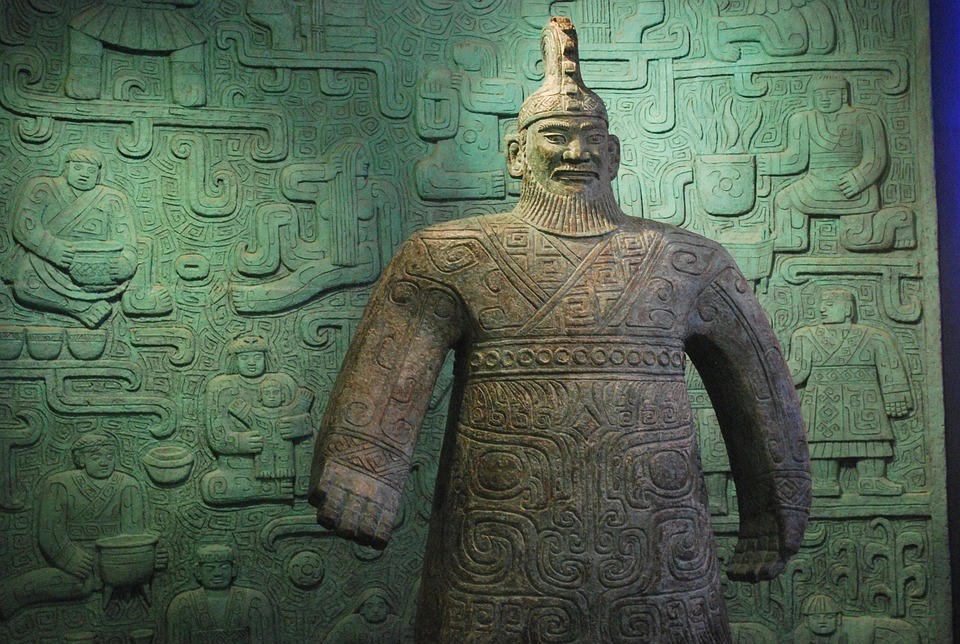Since the start of the war in Ukraine the world media has openly discussed Russia’s use of soldiers for hire. Few publications, however, have written about the extensive role China’s “security for hire” have played overseas during the last dozen years. Beijing augments its geopolitical ambitions with paid security, paramilitary, and non-state actors in support of its Belt and Road Initiative. They protect Chinese citizens, assets, and resources that are located overseas. They are supposed to go where the Chinese People’s Liberation Army (PLA) can’t go. In some cases, this raises the risk when they are not considered private security but legally forbidden mercenaries as many of these forces are composed of PLA soldiers. They are becoming so powerful that some within the Chinese leadership view these paramilitary groups as a potential threat to China due to the power they wield.
China appears to be adopting a hybrid model for the security industry that is neither Western nor does it follow the tainted Russian system of private military/security companies (PM/SCs). Western security groups protecting private interests are relatively open, under great public scrutiny, and often possess superior capabilities among team members. Beijing is relying on private security companies (PSCs) in areas as diverse as cybersecurity and humanitarian missions to achieve specific geopolitical and economic goals. Beijing’s agenda is tightly linked between the economic and military sectors. PSCs are in use where the country has significant interests and often are PLA soldiers working out of uniform.
Known as the “Guardians of the Belt and Road,” these groups fill a gap with sophisticated security services, according to the Jamestown Foundation. A number of issues are emerging as China expands the use of these groups overseas. First, they lack true paramilitary experience and China has shown no indication that it intends to qualitatively train future groups to create a modern and private PM/SC system. As a result, China relies heavily on the PLA to fill a central role, which provides the government with multiple benefits.
As these security providers in the short-to medium run can’t achieve the same level of proficiency as American or Western security providers in securing nationals overseas, China will likely continue to rely on its military to supplement them. Sergey Sukhankin of the Jamestown Foundation points out that “…a combination of “soft power” and the economic side of “hard power” will remain key tools in China’s arsenal.” He adds that concerns have cropped up over the boundaries of influence that PM/SCs could enjoy in the future.
One key obstacle in the development of an effective Chinese “security for hire” industry is that the current Beijing political leadership is unlikely to favor the existence of private militarized structures in China that are not fully under its control. President Xi Jinping has unprecedented power in influencing the PLA and related military organizations. Any forces not directly controlled by the state, even if working overseas in China’s national interests, represent a potential threat to the Chinese central government. The result it that it is unlikely China’s political-economic model will permit the existence of truly “private” elements in its “security for hire” industry. It appears that the function will increasingly be controlled by the Chinese state and form an expanded arm of Chinese intelligence and security system although Asian-Pacific allies and partners already are criticizing the practice, according to Sukhankin. For now, the BRI transverses mostly non-democratic and non-Western states that tend to avoid criticizing Beijing’s militarization of the region.
One area of concern to the West is that China is increasingly using these so-called “private forces” in the cyber domain and developing capabilities in both offensive and defensive warfare. Sukhankin says that “given the talk of the emergence of the so-called “Cyber BRI,” as well as the fact that China has de facto become a key provider of cameras and means of intelligence collection in Central Asia, development of capabilities in new domains of war and security—in which information and cyber spaces have already emerged as crucial pillars [and] is a prospect that must not be ruled out.” He also points out that these entities could be used to gain a strategic foothold through UN-mandates humanitarian missions in Africa and Latin America. Increased employment of these teams could serve to enhance China’s reputation in strategic locations.
China is known for playing the “long game.” It uses a multipronged approach to extend its sphere of influence. Its “private” security forces are growing in sophistication and spreading out across the globe, yet virtually unnoticed by most governments. With Xi Jinping doubling down on his efforts to dominate the global world order, these security companies are filling a gap that sits below the threshold of a required Western response… for now.
Daria Novak served in the U.S. State Dept.
